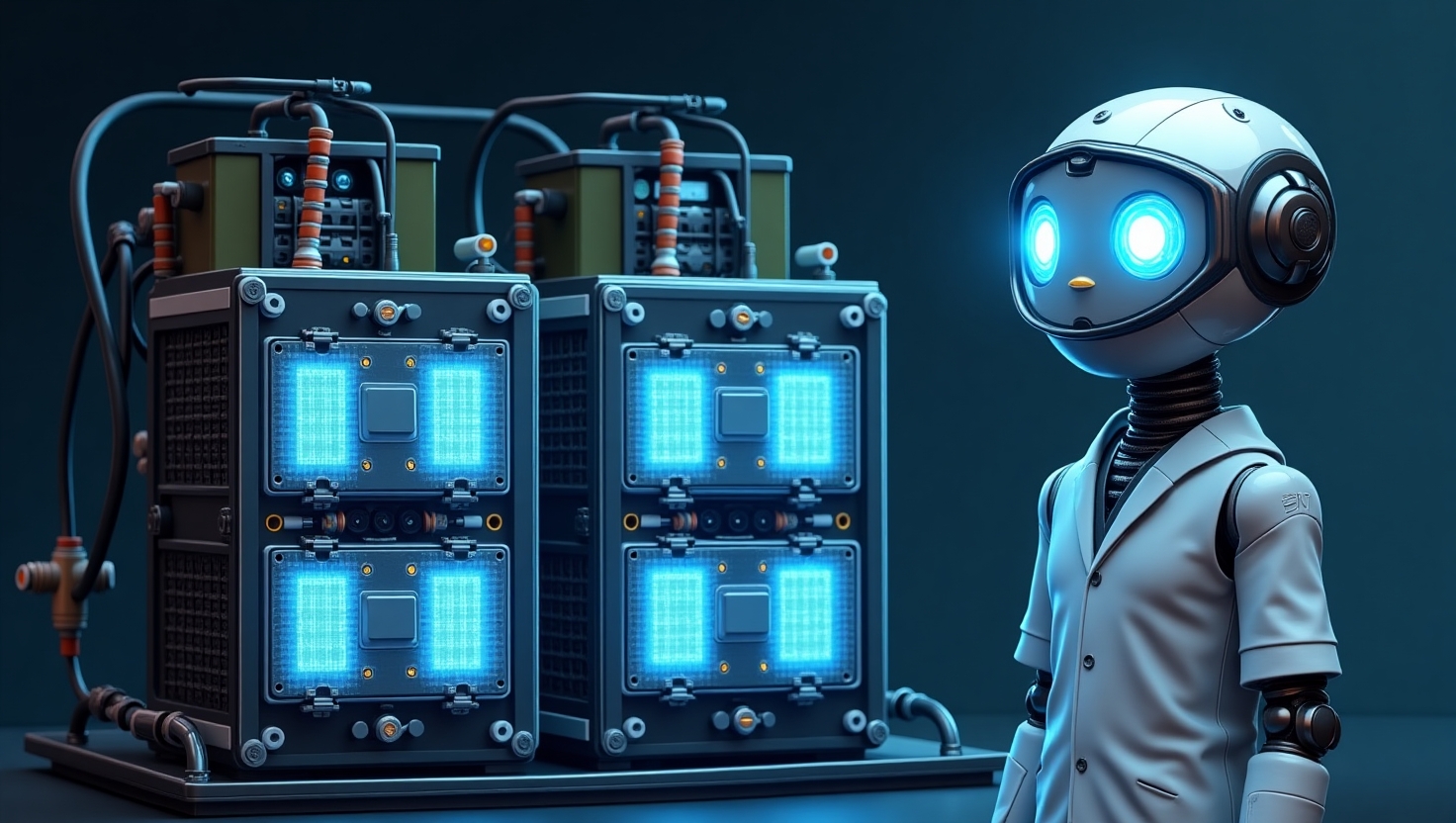Safety engineering is moving faster than ever in the automotive industry. At iACE, we see it every day through industry automation training and auto electrical engineering courses. You can feel it too, with cars getting smarter, safer, and more connected year after year.
Big shifts are happening. In 2024 alone, the global automotive safety market touched $154.2 billion, and it's projected to hit $201.3 billion by 2025 (Statista, 2024). This isn’t just a number. It shows how safety is now deeply wired into automotive design, manufacturing, and maintenance.
Where Are We Heading?
Self-driving tech, automation, and AI are driving safety innovation. But it’s not just about big tech. Every part of the vehicle, from tiny sensors to powerful braking systems, plays a role.
Some trends making a huge impact:
- Advanced Driver-Assistance Systems (ADAS): Lane-keeping, automatic braking, adaptive cruise control — almost standard now.
- Vehicle-to-Everything (V2X) Communication: Cars "talk" to each other and to road infrastructure to avoid accidents.
- Predictive Maintenance: Cars tell you what's about to break before it happens, saving lives and costs.
- Electric Vehicle (EV) Safety: New training is needed to handle the unique challenges of EVs safely.
We believe anyone looking to stay relevant needs serious hands-on experience. That’s why our auto electrical engineering courses are packed with real-life applications, not just theory.
The New Skills Safety Engineers Need
Safety engineering isn’t sticking to old ways. You need more than basic know-how. The field now demands:
- Data Analysis: Safety engineers must read vehicle sensor data quickly and correctly.
- AI and Robotics Knowledge: More vehicles use automated features. Understanding how these systems interact with drivers and roads is key.
- Cybersecurity Basics: Cars are connected, which means new types of safety threats.
- Soft Skills: Clear communication during emergencies or audits matters just as much as technical skills.
At iACE, our industry automation training includes these modern essentials because real job-readiness is about more than knowing how to fix a car.
Why Training Matters More Than Ever?
By 2025, around 60% of new vehicles will feature some level of automation (McKinsey, 2024). But without trained experts, these features are just expensive risks. You need strong foundations to work on new tech safely and smartly.
Here’s where good training makes the real difference:
- Hands-On Focus: 80% practice, 20% classroom, at iACE.
- Modern Tools: Working with up-to-date vehicles and devices.
- Smart Curriculum: Courses that match where the industry is going, not where it’s been.
If you’re serious about building a future-proof career, it’s time to act. Whether you’re starting fresh or upgrading your skills, our auto electrical engineering courses and industry automation training can get you there.
We don’t just teach. We prepare you to own the road ahead.
Find more about us at www.iace.ac.in. Admissions are open. Get in before the future leaves you behind.


